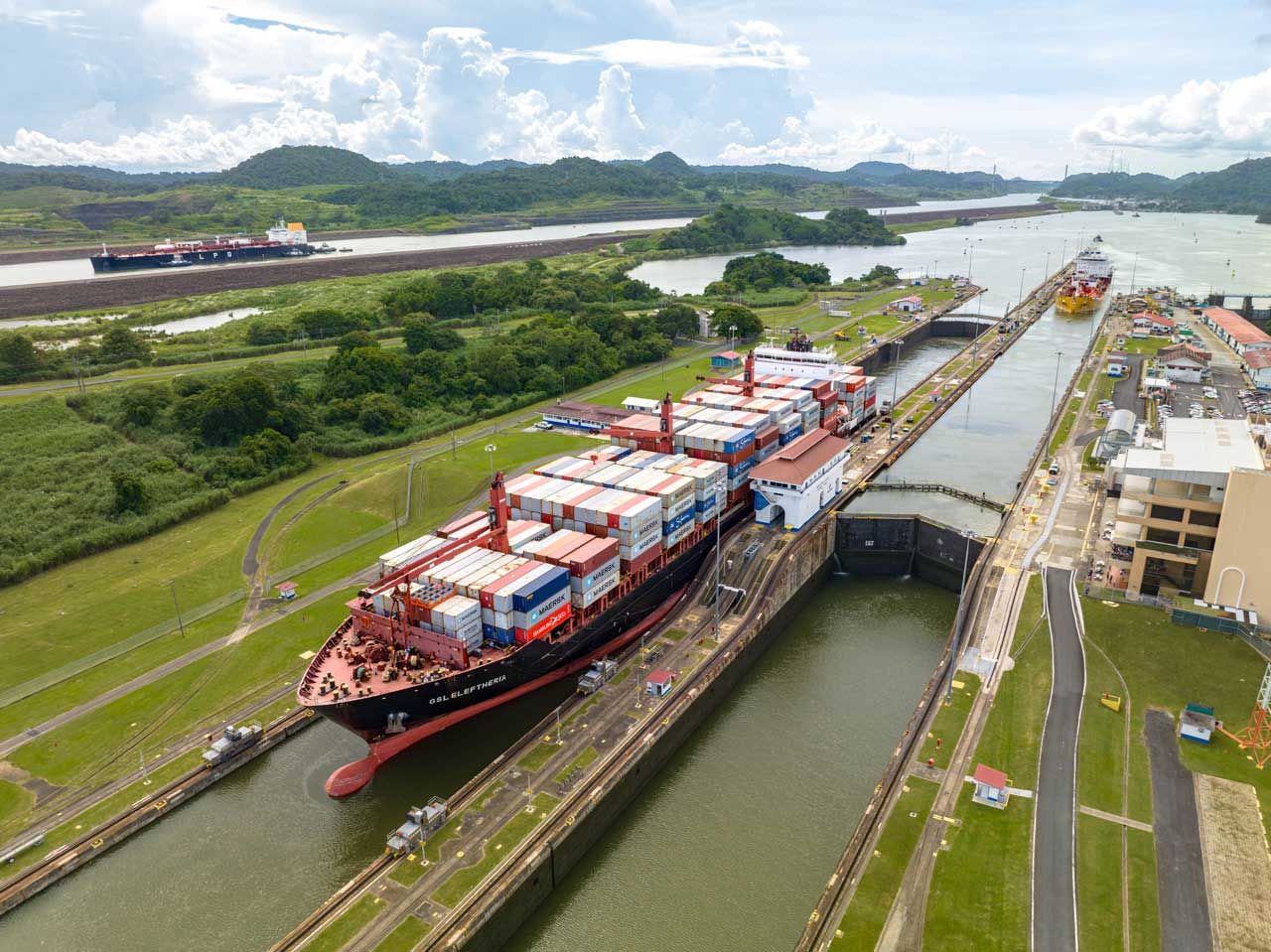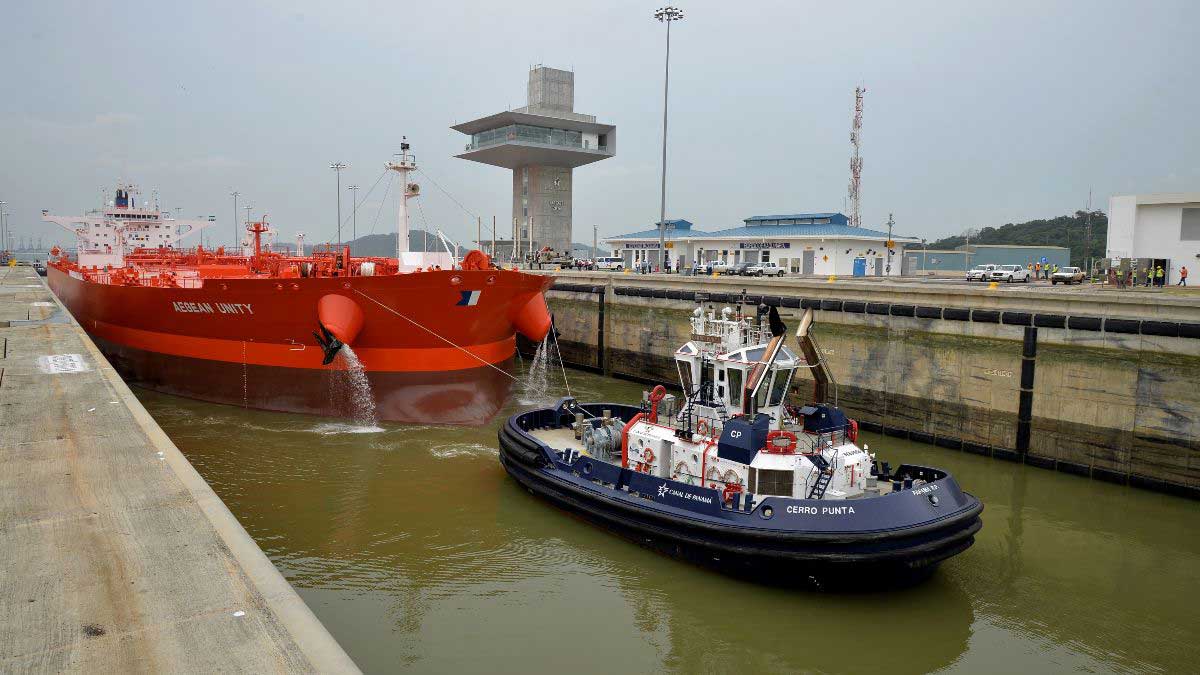Panama City, Panama, June 29, 2016 – While speaking at the 96th IMO Maritime Safety Committee (MSC) Meeting in May, Secretary-General Kitack Lim of the International Maritime Organization (IMO) highlighted the Panama Canal Expansion and the effect it will have on the reduction of CO2 emissions, contributing to the Marine Environment Protection Committee’s work to prevent and control ship pollution globally.
“I’d like to extend our wholehearted congratulations to the Government of Panama and the stakeholders involved in the successful Expansion,” said the Secretary-General. “We believe that the Expanded Panama Canal will be very beneficial to the international shipping industry, which is an important part of global logistics, and it plays a critical role in supply chain management around the world.”
“[The Expansion] will contribute to the reduction of climate change issues and CO2 emissions,” added the Secretary-General. “In every sense, we will all benefit from the successful Expansion of the Panama Canal.”
The IMO Secretary-General’s speech followed commentary by the Panama Canal’s Captain Miguel Rodriguez, Chairman of the Board of Inspectors. Captain Rodriguez reiterated that the Expanded Canal, which was Inaugurated on June 26, will have a great effect on global commerce. He also discussed the extensive training conducted at the Canal’s state-of-the-art training centers to prepare workers to maneuver vessels in the new and original waterway.
Secretary General Lim’s comments regarding the Panama Canal Expansion were reflected in the final report of the MSC Meeting, published this month.
The IMO is the specialized agency of the United Nations focused on the safety and security of the international shipping industry, and the prevention of ship pollution. Additionally, the IMO addresses legal affairs, including issues relating to liability and compensation, as well as the facilitation of international maritime traffic.
About the Panama Canal Authority
The Panama Canal is run by an autonomous agency of the Government of Panama in charge of managing, operating and maintaining the Panama Canal. The operation of the Panama Canal Authority (ACP) is based on its organic law and the regulations approved by its Board of Directors. For more information, please refer to the ACP’s website: http://www.pancanal.com or follow us on Twitter @thepanamacanal.
About the Panama Canal Expansion Program
The Expansion Program is the largest enhancement project since the Canal’s opening in 1914. Considered and analyzed for a decade with more than 100 studies, the Expansion provides the world’s shippers, retailers, manufacturers and consumers with greater shipping options, better maritime service, enhanced logistics and supply-chain reliability. The Expansion included the construction of a new set of locks on the Atlantic and Pacific sides of the waterway and the excavation of more than 150 million cubic meters of material, creating a second lane of traffic and doubling the cargo capacity of the waterway. While the Expanded locks are 70 feet wider and 18 feet deeper than those in the original Canal, they use less water due to water-savings basins that recycle 60 percent of the water used per transit. In line with its commitment to customer service, the Panama Canal will continue to provide the world with value for another century and beyond.




